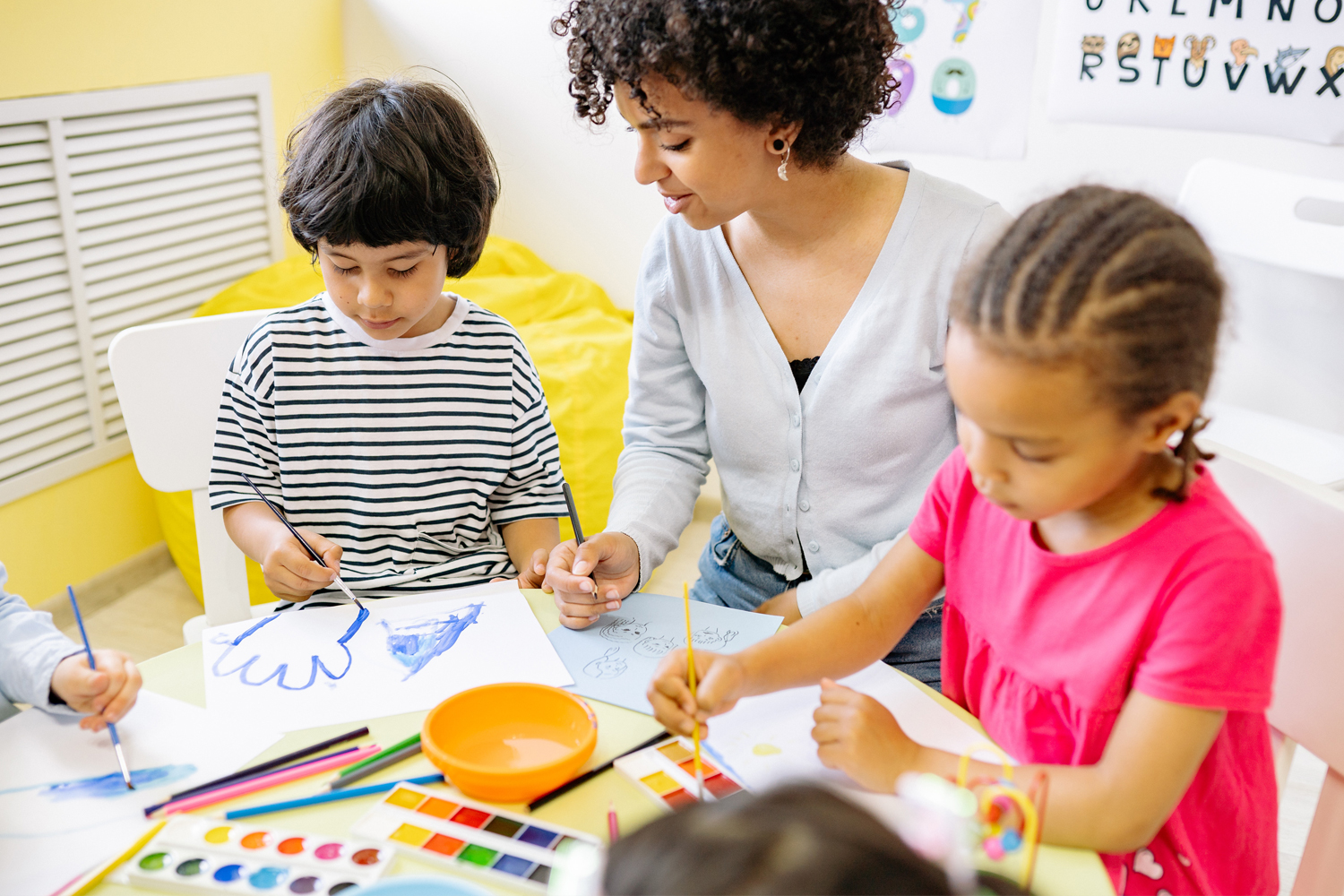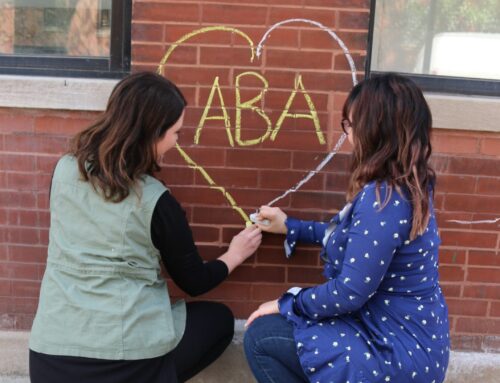This blog talks about generalization and how this may be the reason parents may see their children’s skills differently at home than they present for teachers. The key question we hear from every parent: why can they show me this but not show you how they do it on their own?
Therapist/teacher: “He needed hand over hand prompting to tie his shoelaces and zip up his coat.”
Parent: “Well, he can tie his own shoelaces and zip up his coat every morning before coming to school.”
What is this called and why is it important?
We call it generalization. Generalization is the ability to transfer skills across people, settings, and activities (Cooper, Heron and Heward 2019).
Individuals with Autism Spectrum Disorder (ASD) have difficulty generalizing skills across these 3 aspects due to their level of receptive language, ability to imitate others, and their ability to see that skills used in different settings are socially normal.
Children should be able to complete the same skill across different settings and with different people. They should be able to learn the specific skills required and use that skill in other areas untrained. It is important for therapists to recognize that once a skill is mastered it doesn’t mean that they can do it with another therapist. The therapist should work on transferring this skill across other therapists. Completing these skills across people, settings, and activities will provide your child the opportunity to independently function within society and utilize what they’ve learned across all aspects independently.
How to promote generalization?
- Teach skills across different settings e.g. practice handwashing in the sink in the kitchen, bathroom, and public restrooms.
- Report the skills you see at home that your child can complete to your therapist, so they can target these skills within the school and therapeutic settings.
- Teach the child a skill until it is mastered in one setting, then you can teach it in the next setting or with a different therapist. This helps us to see that the child knows how to complete the skill independently and is ready to move to the next level.
Reference list:
Cooper. J.O., Heron, T.E., and Heward, W.L. (2019). Applied behavior analysis. Pearson: New Jersey.

Blue Bird Day fosters socialization, sensory regulation, and pre-academic learning in children ages 2-7 years in therapeutic rotations that simulate preschool and kindergarten settings. Our compassionate therapists practice a relationship-based and family-centered approach, provide parent training, and collaborate on goals and individualized intensive treatment plans for your child.
We believe in a collaborative and multi-disciplinary team approach to therapy. A team of occupational therapists, speech-language pathologists, dietitians, developmental therapists, behavioral therapists, physical therapists, and therapeutic assistants are created for each child to ensure child and family are fully supported and the best possible results are achieved.
Options for individualized, group and virtual therapy sessions are available as well.
Want to learn more or you have a specific question? Feel free to connect with us here!



